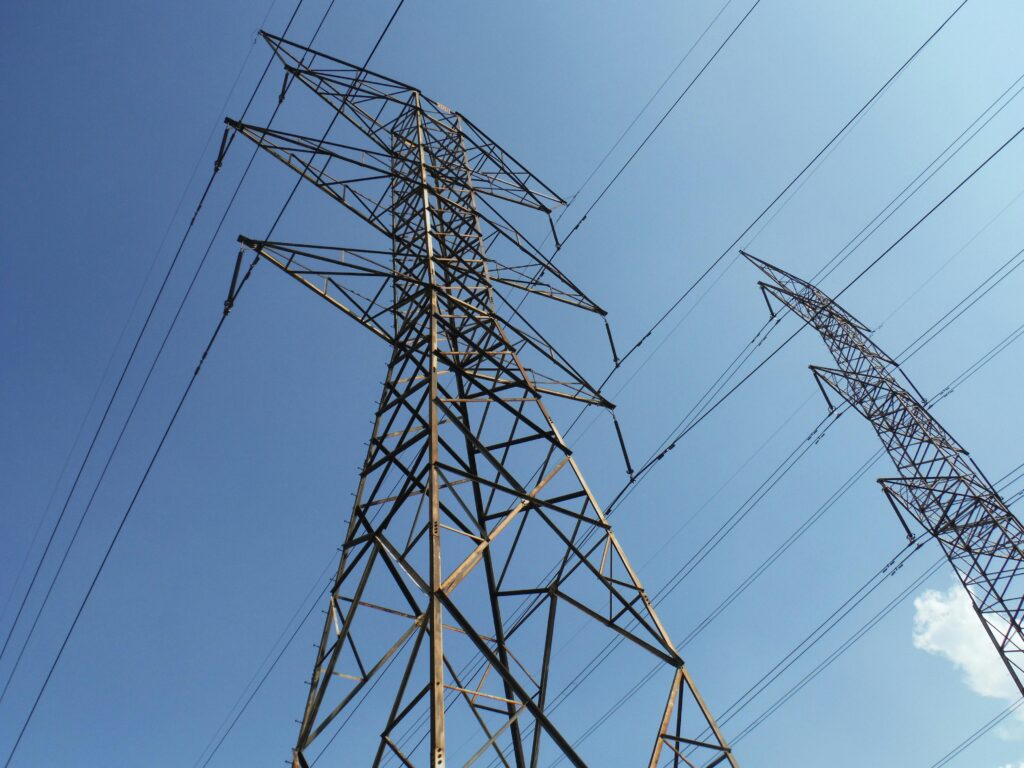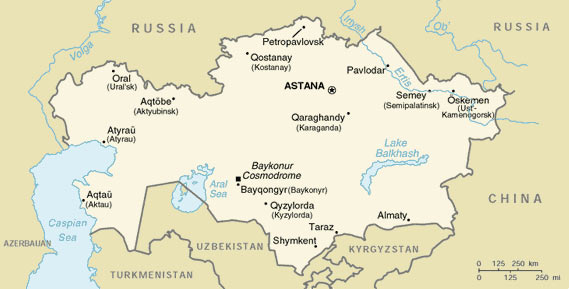Kazakhstan Officially Backs Nuclear Power Referendum
The government of Kazakhstan has approved a draft resolution to hold a national referendum on constructing a nuclear power plant (NPP). The meeting, chaired by Prime Minister Olzhas Bektenov, discussed the prospects for developing nuclear energy in the country. Energy Minister. Almasadam Satkaliyev noted that the referendum will allow Kazakhstanis to make an important decision about the future of the country's energy security. Bektenov emphasized that Kazakhstan has mastered almost the entire cycle of nuclear fuel production and has experience with small reactors. However, the current shortage of energy capacity requires new solutions to avoid purchasing electricity from abroad. With the global abandonment of coal-fired power plants and the limited potential of renewable energy sources, the development of nuclear power is the most promising direction. According to the International Atomic Energy Agency, 415 nuclear power units operate worldwide, and 61 new units are under construction in 15 countries, including China and the UK. With its significant uranium resource base, Kazakhstan can ensure stable electricity tariffs and independence from raw material price fluctuations. Modern NPPs have a multi-level safety system that meets IAEA international standards. According to Bektenov, nuclear power should become the basis for Kazakhstan's energy-intensive economy, stimulating innovation and industry development. The draft resolution was supported unanimously. The Ministry of Energy and the Government Office were instructed to submit a draft decree to the Presidential Administration. Talks on constructing a nuclear power plant in Kazakhstan have been ongoing for many years; the idea of the need for a nuclear power plant first appeared after the closure of the Soviet reactor in Aktau in 1999. Since then, the country has repeatedly raised questions about the development of nuclear power, especially in the context of improving energy security and climate change resilience. However, public opinion remains divided; many people in the country remember the consequences of nuclear tests at the Semipalatinsk test site and fear environmental risks. In 2021, discussions about constructing a nuclear power plant intensified when a possible site for Kazakhstan's first atomic power plant began to be considered in Almaty Oblast, near the village of Ulken. These plans sparked lively public debate and protests among residents and environmentalists. President Kassandra-Jomart Tokayev proposed a national referendum to give citizens a say on this critical issue.





